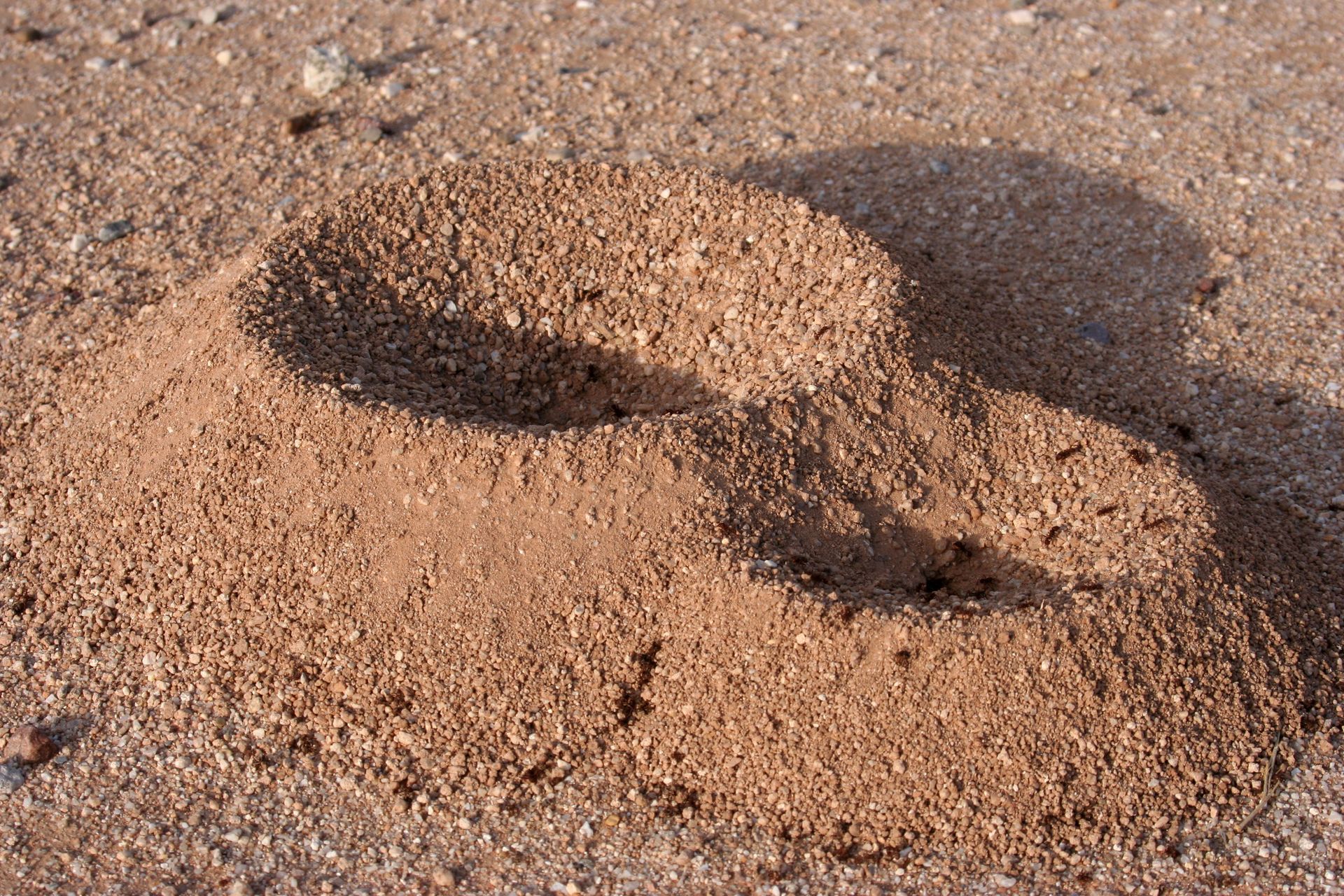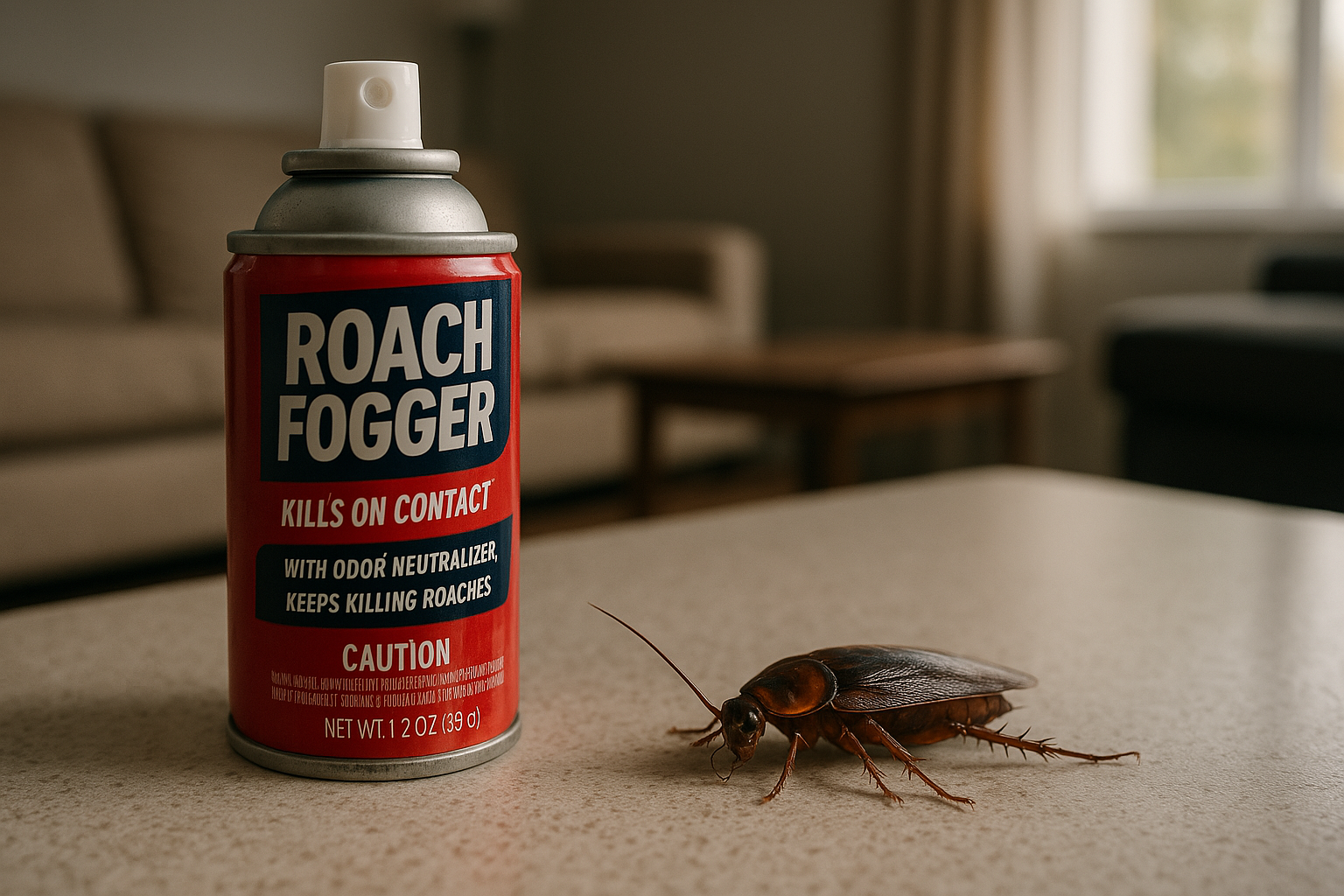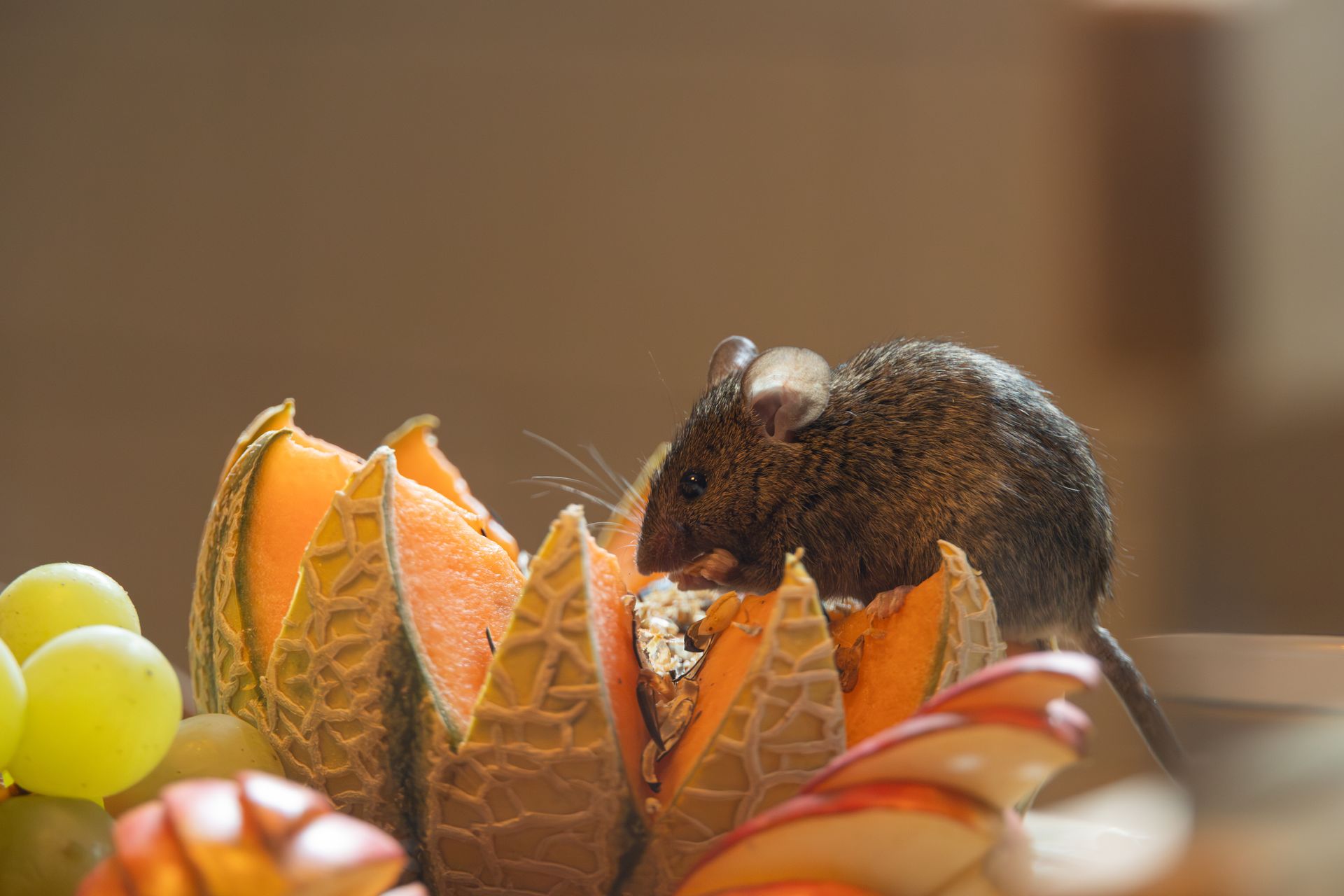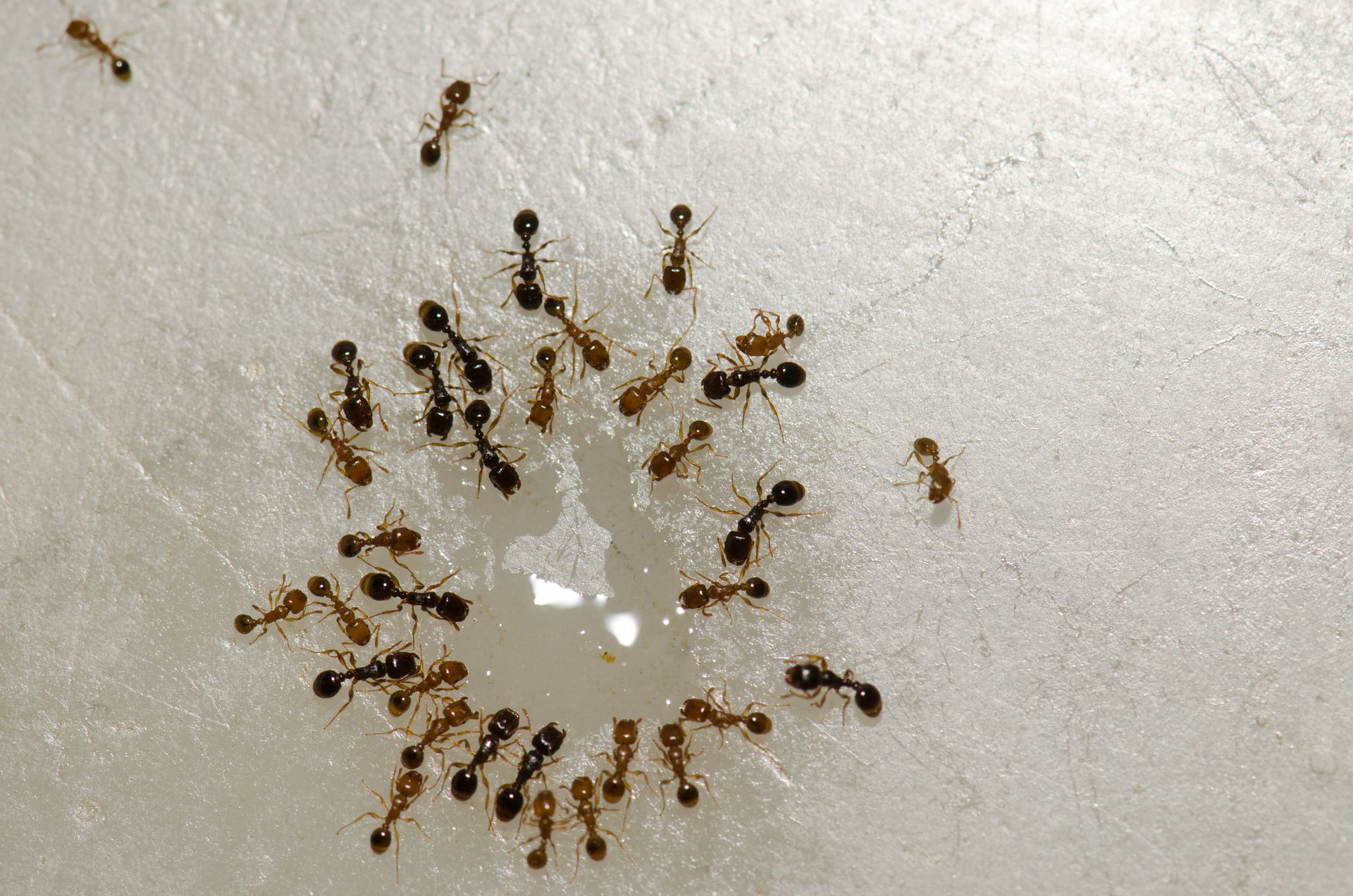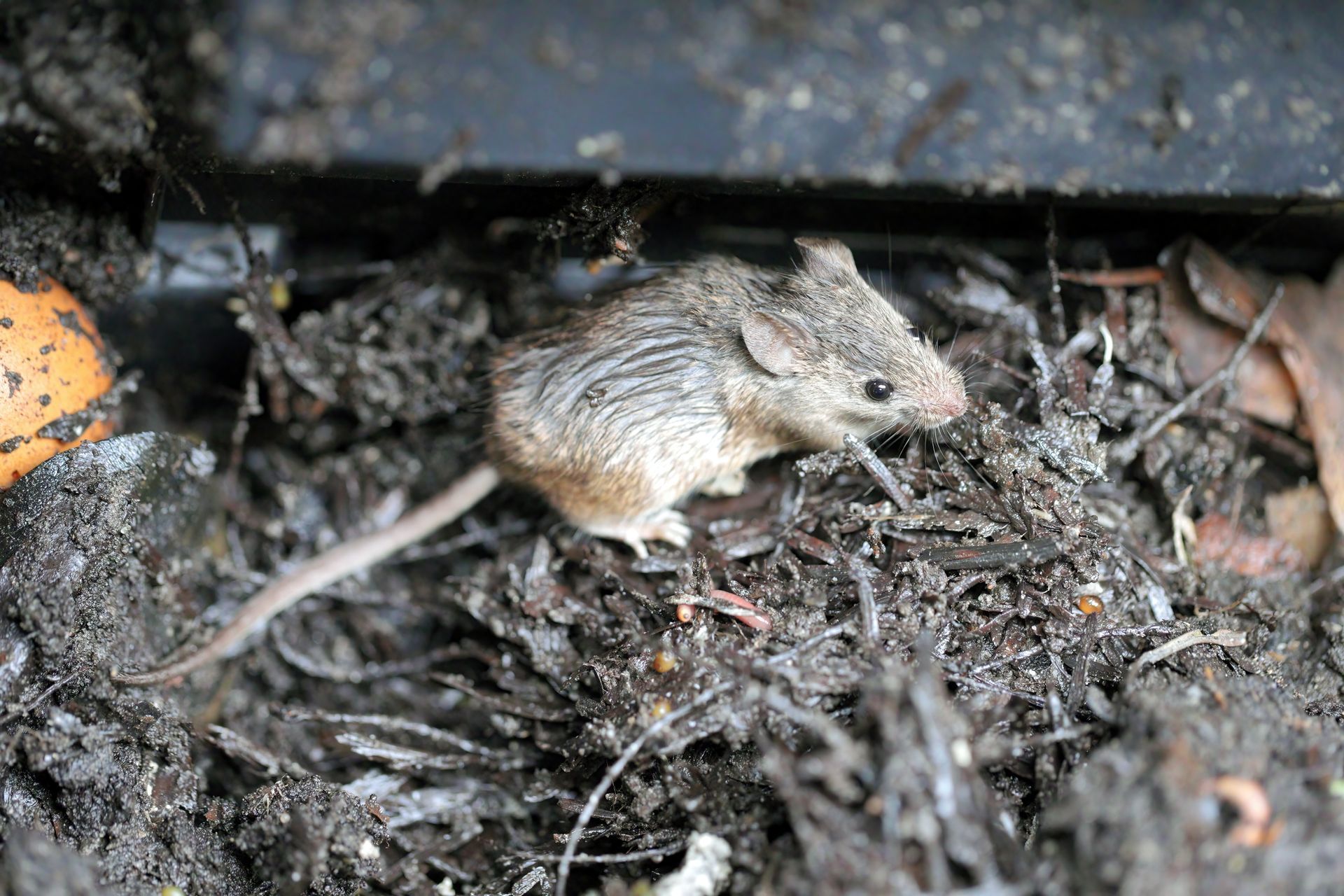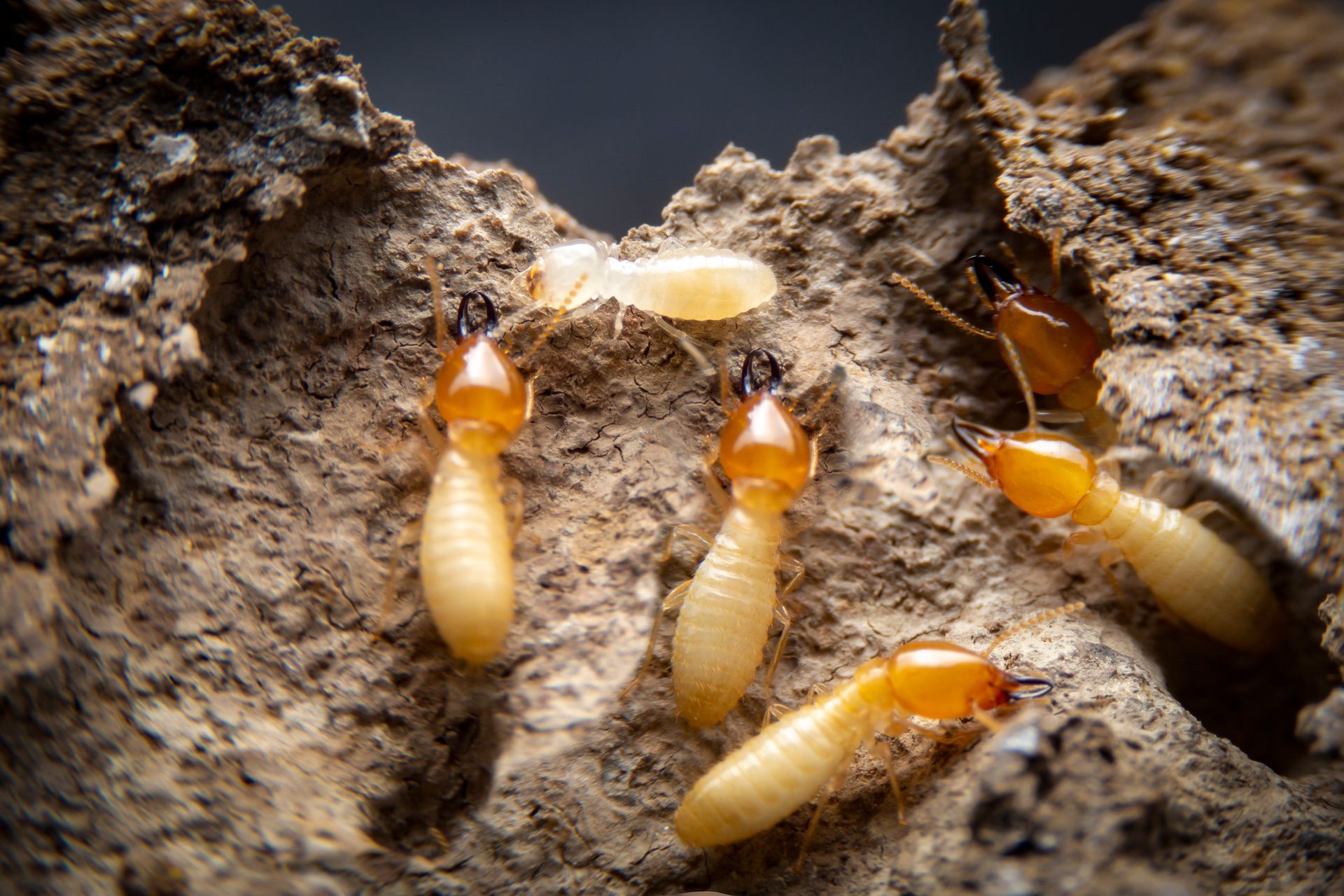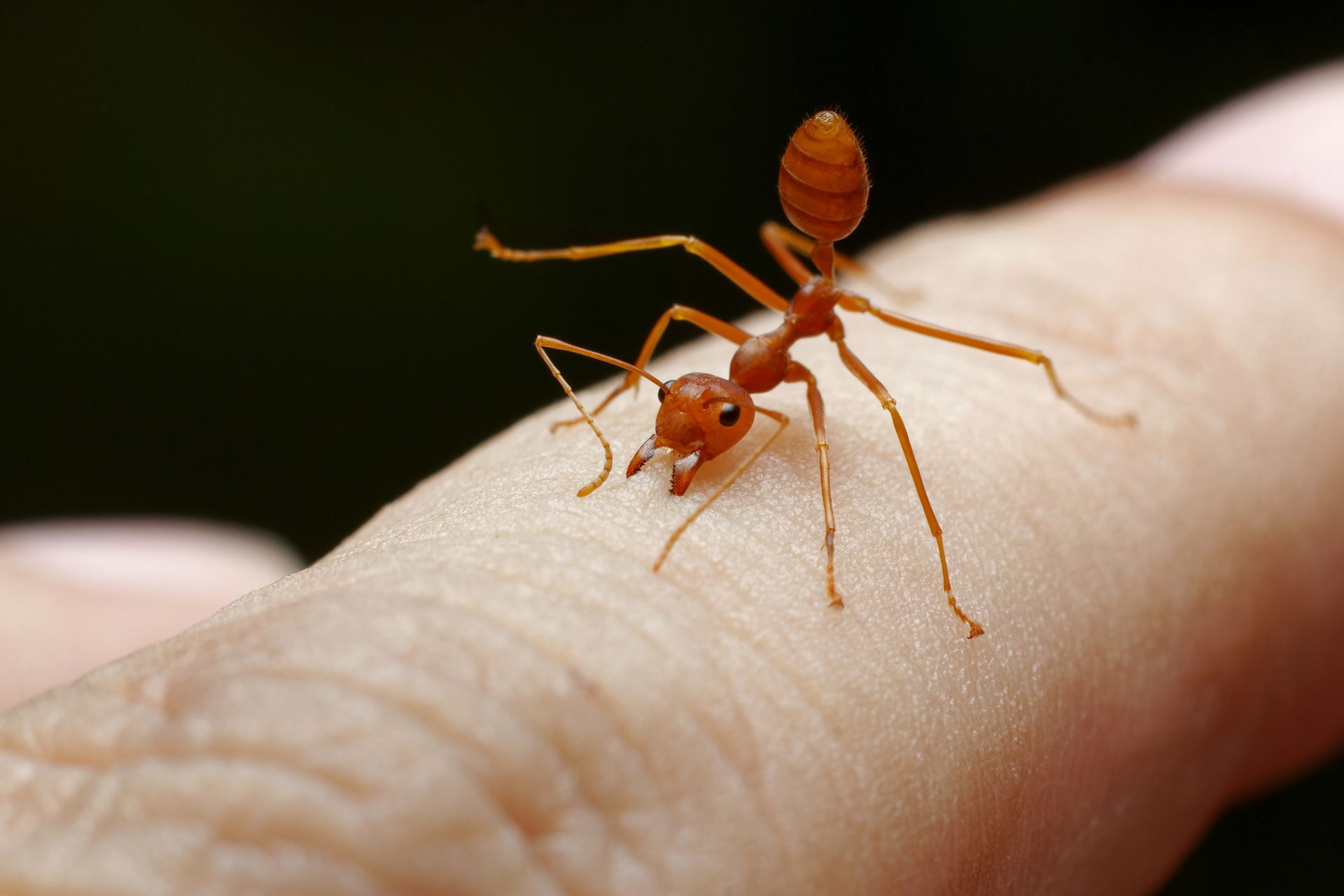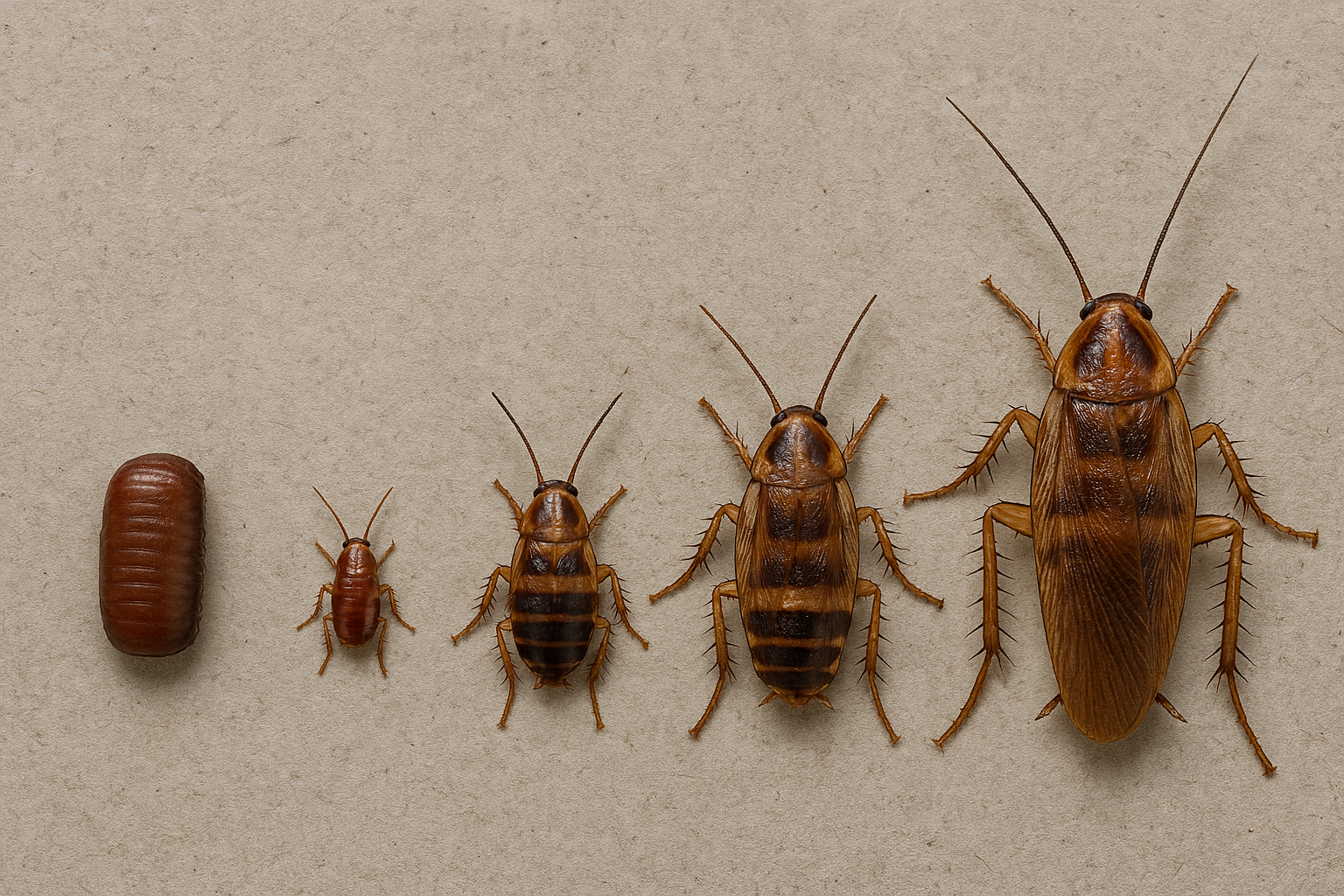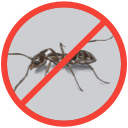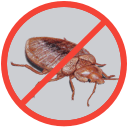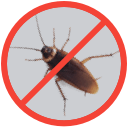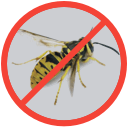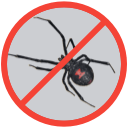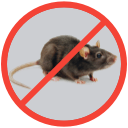Mosquito Diseases
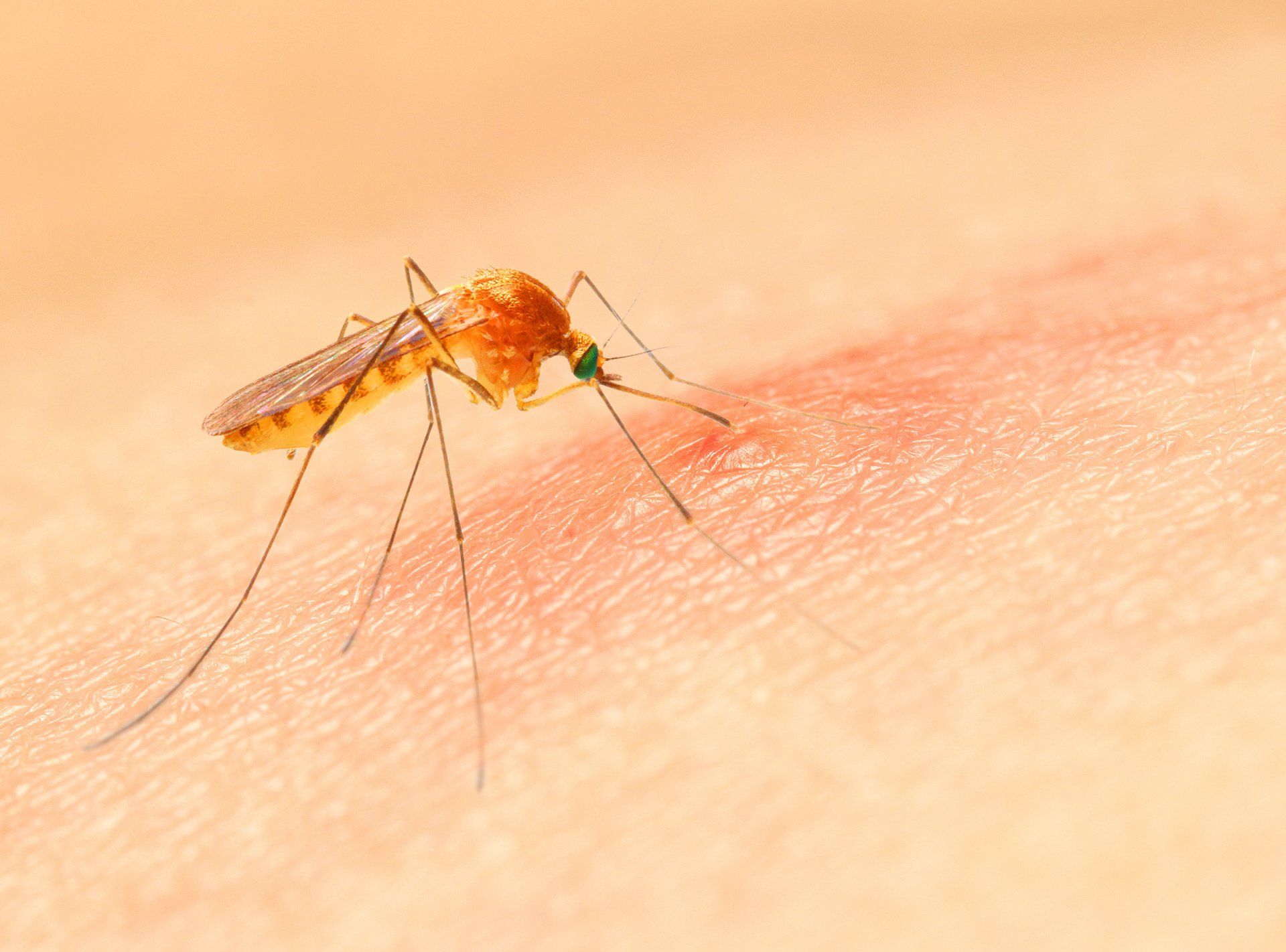
Mosquitoes are a serious threat to the health and safety of humans around the world. These flying insects are responsible for more human deaths than any other animal on the planet. Infected mosquitoes will bite humans to drink their blood but will also spread viruses and parasites in the process. Some of these diseases are passed on and spread through the infected saliva they use as anticoagulants, while others are passed from the gut of the mosquito. Regardless of how the disease is passed on, mosquito born diseases are a global problem that can cause long lasting effects and even death.
Mosquito Bites
Mosquitoes are carnivores that feed on the blood of their prey. There are over 3,000 species of mosquitoes and only the females will bite because they require blood meals. They need to consume blood for the proteins to carry on with egg production. The females normally select vertebrates like mammals, birds, and reptiles to feed on, but they normally settle on whatever provides them with the easiest meal. Mosquitoes will stay hidden during hot days and cold nights but will become most active when the sun is rising or setting. This provides them with enough light to hunt while also protecting them from predators and extreme daytime heat. The females have evolved to find their prey by being attracted to the carbon dioxide they release during respiration as well as the different scents that are released from their skin. Once the females find their prey, they use their long proboscis to penetrate the skin. When a mosquito bites, they inject an enzyme that acts as an anticoagulant and an anesthetic before drinking their fill of blood. This enzyme can cause a minor allergic reaction which can result in a red, itchy welt.
What Diseases Do Mosquitoes Carry?
Mosquito borne diseases are largely spread by three genera of mosquitoes: Aedes, Culex, and Anopheles. These classes of mosquitoes are carriers of several blood borne diseases including the following:
- Chikungunya Virus: This disease is found all over the world and results in headache, joint / muscle pain, rash, fatigue, and nausea. Long symptoms can last for several years and there is no cure.
- Dengue Fever: Typically, more common in tropical climates and results in high fever, rash, headache, vomiting, joint pain, and bleeding gums. This can lead to hemorrhagic fever which is the cause of death of roughly 36,000 people globally every year.
- Eastern / Western Equine Encephalitis Virus: This disease is typically transmitted amongst horses but can also infect people. Minor symptoms are more common which can include fever, chills, fatigue, and muscle pain. In extreme cases, inflammation of the brain and meningitis can occur.
- Jamestown Canyon Virus: A relatively new disease identified in Colorado in the 1980’s. Results in flu like symptoms that include fever and headache. Serious cases result in brain and spinal cord inflammation.
- Japanese Encephalitis Virus: Typically spread to humans after mosquitoes have bitten infected pigs and birds. Symptoms include headache, fever, vomiting, confusion, and seizures. Severe cases result in brain inflammation.
- La Crosse Encephalitis: This illness is found in the United States and can be asymptomatic or result in fever, nausea, and headache with severe cases causing nerve system damage.
- Malaria: Caused by a parasite that lives in the gut of mosquitoes. Found typically in tropical climates in Africa, Asia, and Central & South America. This results in serious symptoms like fever, headache, chills, vomiting, and even death.
- Rift Valley Fever: Symptoms of this disease include dizziness and overall weakness but is typically found in Africa and the Middle East.
- St Louis Encephalitis: Primary symptoms include fever, headache, nausea, vomiting, and fatigue. In rare cases, this disease can lead to brain inflammation, meningitis, and even death.
- Snowshoe Hare Virus: Found in the US and Canada and results in headache, dizziness, rash, and vomiting. Severe cases result in brain inflammation.
- West Nile Virus: This virus usually results in flu like symptoms like fever, joint pain, diarrhea, and vomiting if symptoms present themselves. Severe cases can result in brain infections like meningitis.
- Yellow Fever: This tropical illness results in jaundice like symptoms that cause your skin and eyes to turn yellow in addition to fever, fatigue, headaches, backaches, chills, and vomiting. This disease is estimated to kill roughly 30,000 people globally every year.
- Zika Virus: This illness has become much more prevalent in many parts of the world with mild symptoms like fever, headache, rash, conjunctivitis, and muscle / joint pain. That being said, this virus impacts pregnancy and results in a birth defect called microcephaly which results in brain damage and underdeveloped skulls in newborns.
Who’s At Risk from Mosquito Diseases?
There are certain individuals that are more likely to be at risk of mosquito bites and therefore more likely to contract mosquito diseases:
- Pregnant women: Research has shown that pregnant women are twice as likely to draw mosquito bites. This is linked to physiological and behavioral changes that pregnant women experience. According to the study, pregnant women exhale roughly 20% more CO2 and have internal temperatures that are higher than average which attract mosquitoes at a much higher rate.
- Individuals with type O blood: Mosquitoes require certain proteins to produce eggs, and studies have shown that type O blood has the preferred proteins. This can be detected through secretions of the skin which appeal to mosquitoes who have excellent sensory organs that have evolved to find their ideal prey.
- Outdoor workers: This is based more on the assumption that outdoor workers are exposed to environments that may have high mosquito exposure rather than any specific studies.
- Healthcare workers: Healthcare workers that handle patients that have been infected with mosquito borne diseases are more likely to become infected through proximity or by accident.
- Frequent travelers: Individuals that regularly place themselves in hot, humid, and tropical climates are exposing themselves to areas that have significantly higher populations of mosquitoes. These areas are most likely where the infectious diseases are most prevalent.
- Individuals that live in tropical climates: Individuals that live in the equatorial belt live in ideal conditions for mosquitoes to thrive. This puts them at increased risk of exposure to infected mosquitoes.
How to Prevent Mosquito Bites
Preventing mosquito bites requires the application of CDC recognized mosquito repellents containing the chemical DEET. Using a repellent with a 20% or higher concentration of DEET is recommended unless it is applied to children, in which case a concentration of 10% is preferred. Repellents containing DEET come in both aerosol spray form as well as creams and should be applied thoroughly to ensure that all exposed skin is covered. It is also recommended that the spray does not come in contact with open wounds or cuts. When applying to your face, the repellent should be spread carefully to avoid direct exposure to your eyes, nose, and mouth. It is important to note that the repellent will fade over time and come off with sweat, so reapplication is recommended as needed.
How to Get Rid of Mosquitoes
Getting rid of mosquitoes can be a daunting task because it takes several mosquito control strategies to be effective. This can be even more difficult if you are not in a position to make changes to your surroundings if you are traveling or working in an unfamiliar area. In the event that you are unable to make habitat modifications to the area surrounding you, it is recommended that you take the steps necessary to minimize mosquito bites using repellents containing DEET. However, if you are able to implement changes to your surroundings, there are a few steps that should be taken to get rid of mosquitoes.
- Eliminate stagnant water wherever you can find it.
- Seal access points like windows, doors, and gaps to the outside.
- Clean up outside debris like dead leaves and branches.
- Trim back overgrown grass, bushes, shrubs, and trees.
- Cut back on watering your yard.
- Use mosquito specific bug zappers.
Implementing these changes will drastically reduce the areas where mosquitoes can hide and lay eggs which will help control mosquito populations.
Contact EcoGuard Pest Management When Dealing with Mosquitoes
If you are dealing with mosquitoes or have noticed an increase in mosquito activity, it is recommended that professional help is enlisted to ensure that your mosquito problem is treated effectively. EcoGuard Pest Management’s mosquito control experts will utilize an integrated pest management approach that combines the effectiveness of several different treatment strategies including habitat modification, pesticide application, exclusion, and prevention to ensure that your mosquito problem is completely eradicated. Mosquito treatments require ongoing maintenance to ensure that the life cycle of mosquitoes is completely disrupted, and that mosquito eggs and larvae are also prevented from maturing into egg laying adult mosquitoes. Call today to schedule an inspection so our team can identify any problematic areas that need to be treated.


